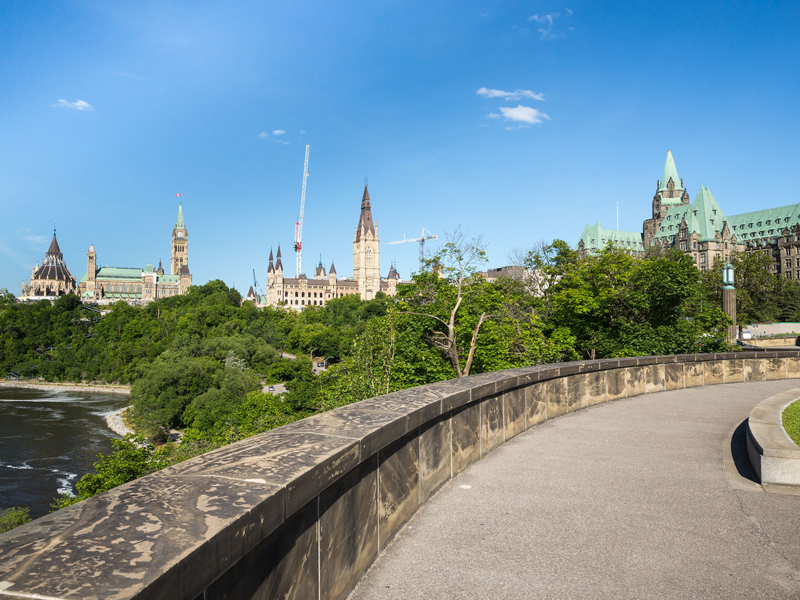
As Prime Minister Justin Trudeau gathers with cabinet ministers in Charlottetown this week, Canada’s business community is warning about the cost of federal debt.
In a letter to Finance Minister Chrystia Freeland and Treasury Secretary Anita Anand, Business Council of Canada president and CEO Goldy Hyder set out the business community’s priorities as the economy “is straining under the weight of high interest rates, low productivity, and persistent inflation.” The council represents Canada’s largest corporations.
Hyder pointed to growing federal debt as a top concern. Public debt charges increased by more than $1.3 billion, or 23% year over year, for the April to May period as higher interest rates raised the cost of servicing debt.
Hyder said the government should adopt a fiscal anchor limiting debt servicing costs to 10% of revenue.
“The recent downgrade of U.S. debt by Fitch Ratings is a cautionary tale and a cause for grave concern,” Hyder wrote.
“The upcoming fall economic statement must demonstrate your government’s strong commitment to fiscal responsibility by introducing an anchor that guides the country towards sustainable spending, taking both the effects of inflation and interest rates into account.”
A report in March from the Parliamentary Budget Officer projected the debt service ratio to peak at 11.5% in the current fiscal year before declining gradually to 10.3% in 2027-28.
The government releases its latest fiscal monitor on Friday.
The council also called for reforms to the permitting process to speed up approvals for natural resource and energy transition projects. The plan should include measures to improve access to capital for Indigenous communities and businesses, the letter said, and should be included in the government’s second 2023 budget implementation bill this fall.
Several measures from the 2023 federal budget that didn’t make it into the government’s first implementation bill, which passed in June, were included in draft legislation released earlier this month. These include legislative proposals to raise the alternative minimum tax, to amend the rules governing intergenerational business transfers and revised draft regulations for the luxury tax.
Draft legislation also included budget measures related to the clean energy transition, which was the council’s third priority. With U.S. incentives attracting investment, Hyder warned that Canada is falling behind.
“Canadian companies and global investors urgently require the details about the terms for each tax credit to determine how they will de-risk potential investments,” Hyder wrote.
“Absent details about how those incentives will be delivered, we risk losing out on a generational influx of both domestic as well as foreign direct investment.”
Trudeau shuffled his cabinet last month, moving Anand to the Treasury Board. Other notable moves includes Marie-Claude Bibeau becoming minister of national revenue and Sean Fraser taking the high-profile housing and infrastructure and file.
Parliament returns on Sept. 18.